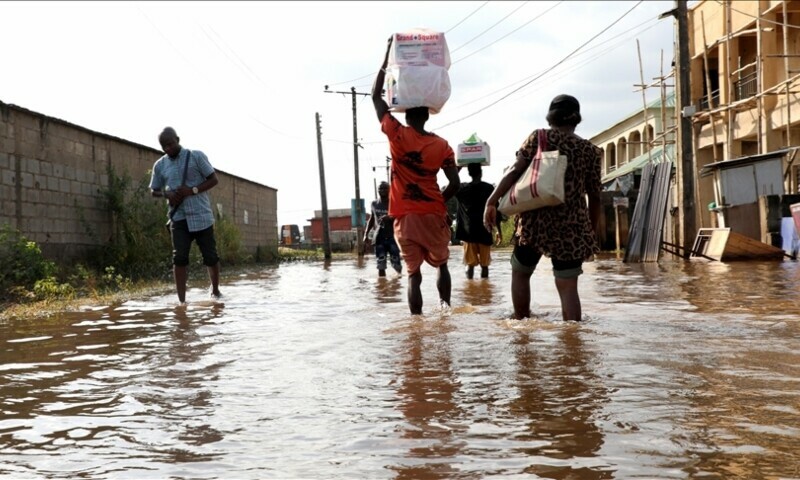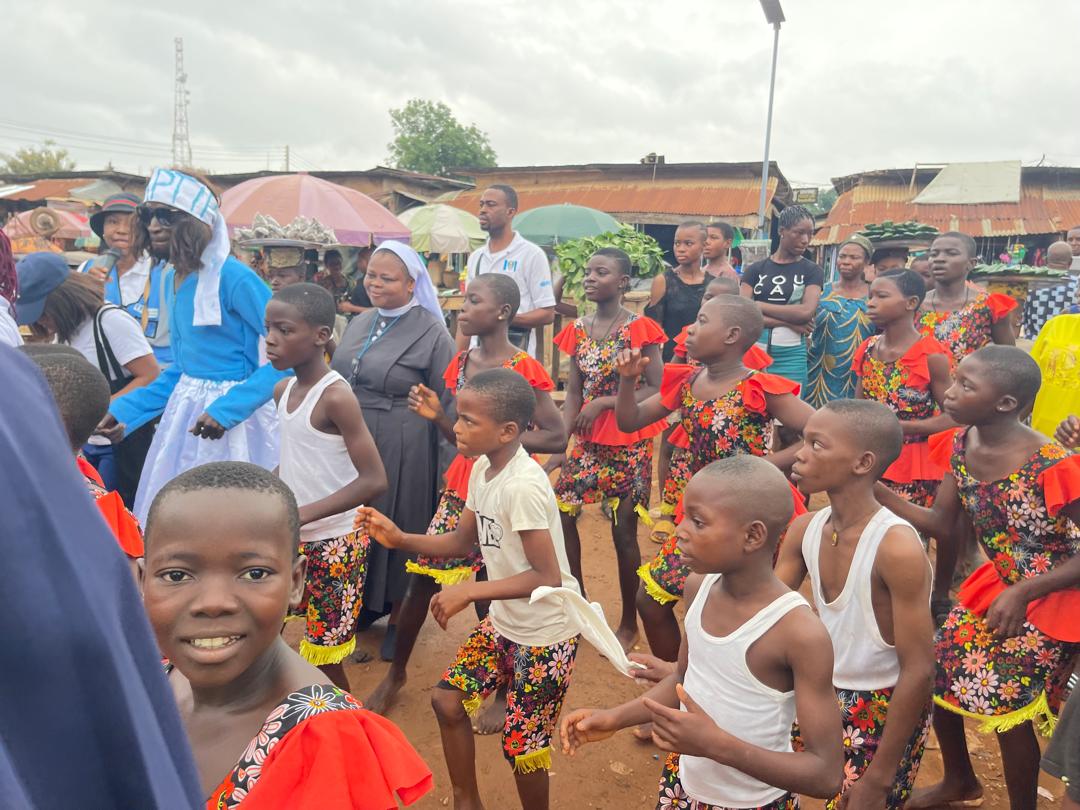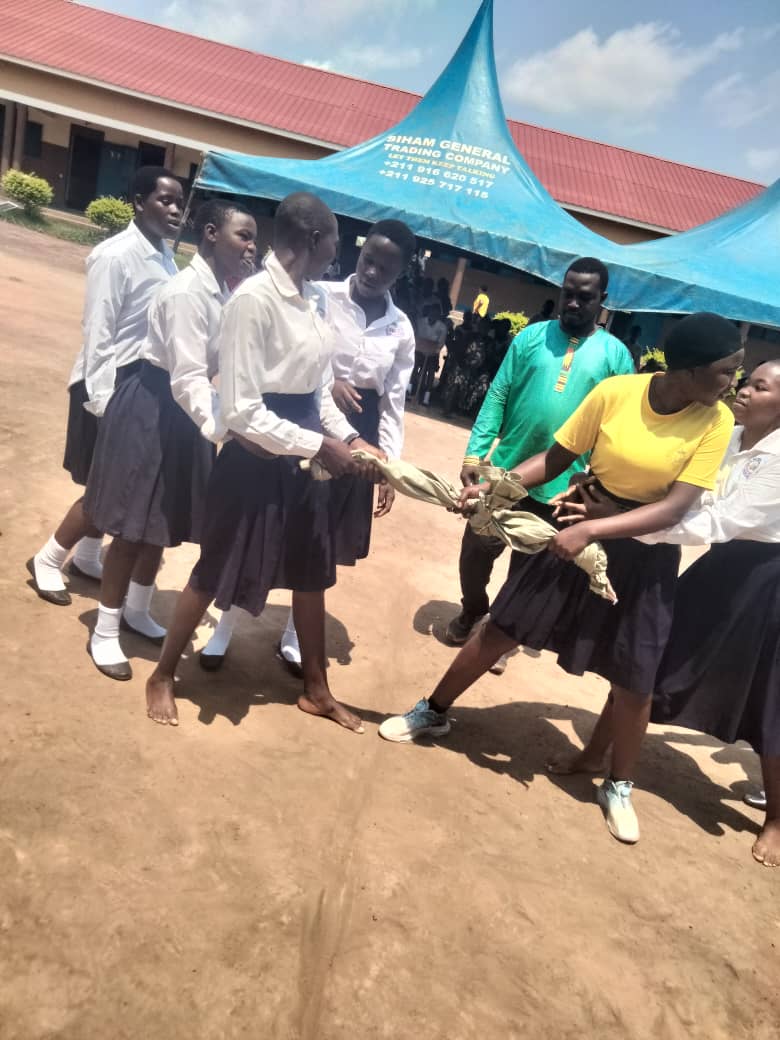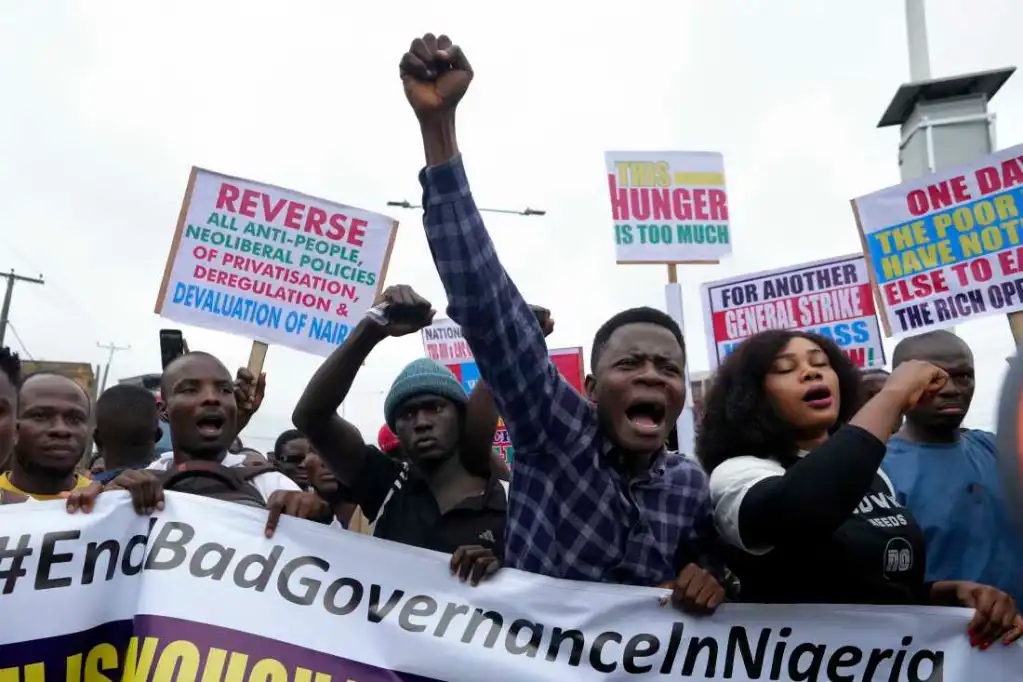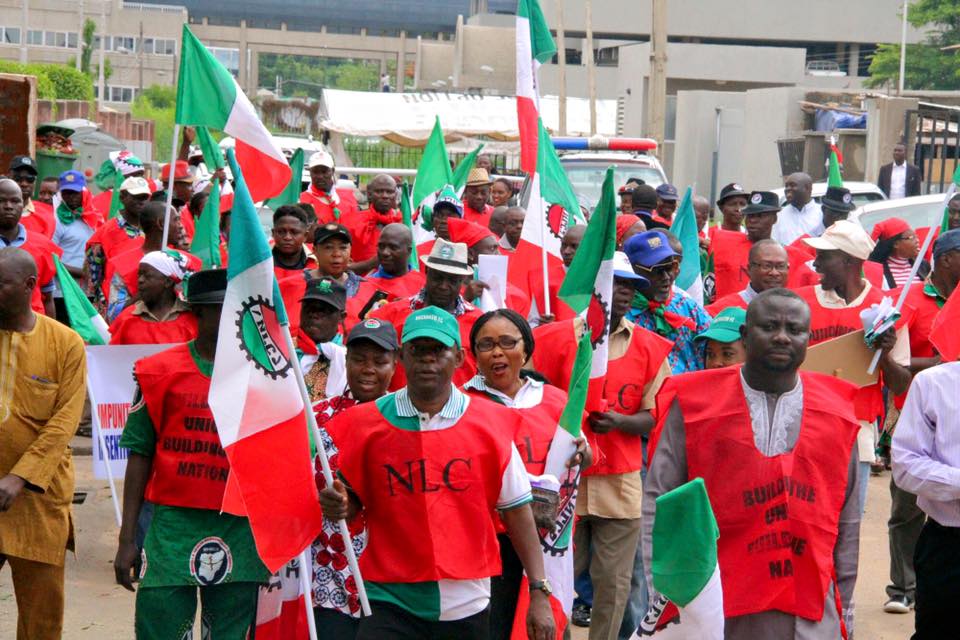Heavy rains and severe flooding across West Africa have displaced nearly 950,000 people, with a significant number of them being children, according to Save the Children. The floods have hit Mali, Nigeria, and Niger particularly hard, forcing families from their homes and causing extensive damage.
In Mali, recent flooding has prompted the government to declare a national disaster. The floods have displaced 73,778 individuals, including 32,889 children, many of whom are now taking refuge in schools. This situation threatens to delay the start of the school term in October. Rama*, an 11-year-old from Mali, described the devastating impact of the floods on her life, expressing concerns about her education and the loss of her possessions.
Nigeria has been severely affected, with flooding impacting 29 out of the country’s 36 states, primarily in the northern regions. The floods have caused the deaths of over 200 people and displaced more than 225,000. The inundation has also led to significant damage to farmland, exacerbating food insecurity. More than 115,000 hectares of farmland have been affected, worsening the already high levels of hunger among children.
In Niger, flooding has impacted all eight regions, with the worst effects seen in Maradi, Zinder, and Tahoua. The floods have resulted in at least 265 deaths and caused extensive damage to infrastructure, including roads and schools. As of early September, government data reports 85,260 affected households, 68,955 destroyed houses, and 110 damaged classrooms.
Vishna Shah-Little, Regional Director of Advocacy, Communications, Campaigns, and Media for Save the Children in West and Central Africa, emphasized the need for urgent action to address both immediate and long-term impacts of the flooding. Shah-Little noted that while the severity of the floods was anticipated, the extent of the damage could have been mitigated with earlier intervention. She called for bold climate action and support for affected communities, particularly children, who are most vulnerable in such crises.
Save the Children is actively addressing the needs of flood victims through various programs. In Mali’s Segou region, they are providing food security, cash transfers, and water, hygiene, and sanitation services. In Nigeria’s Adamawa state, they are distributing essential items like foldable mattresses and hygiene products to flood-affected households.
Globally, Save the Children advocates for the rapid phase-out of fossil fuels, a transition to cleaner energy, and inclusion of children’s voices in climate action. They stress the importance of building resilience in communities and ensuring that infrastructure, such as schools, can withstand extreme weather events.
Save the Children continues to work towards strengthening community resilience and calling on world leaders to address the root causes of climate change and support vulnerable populations.

